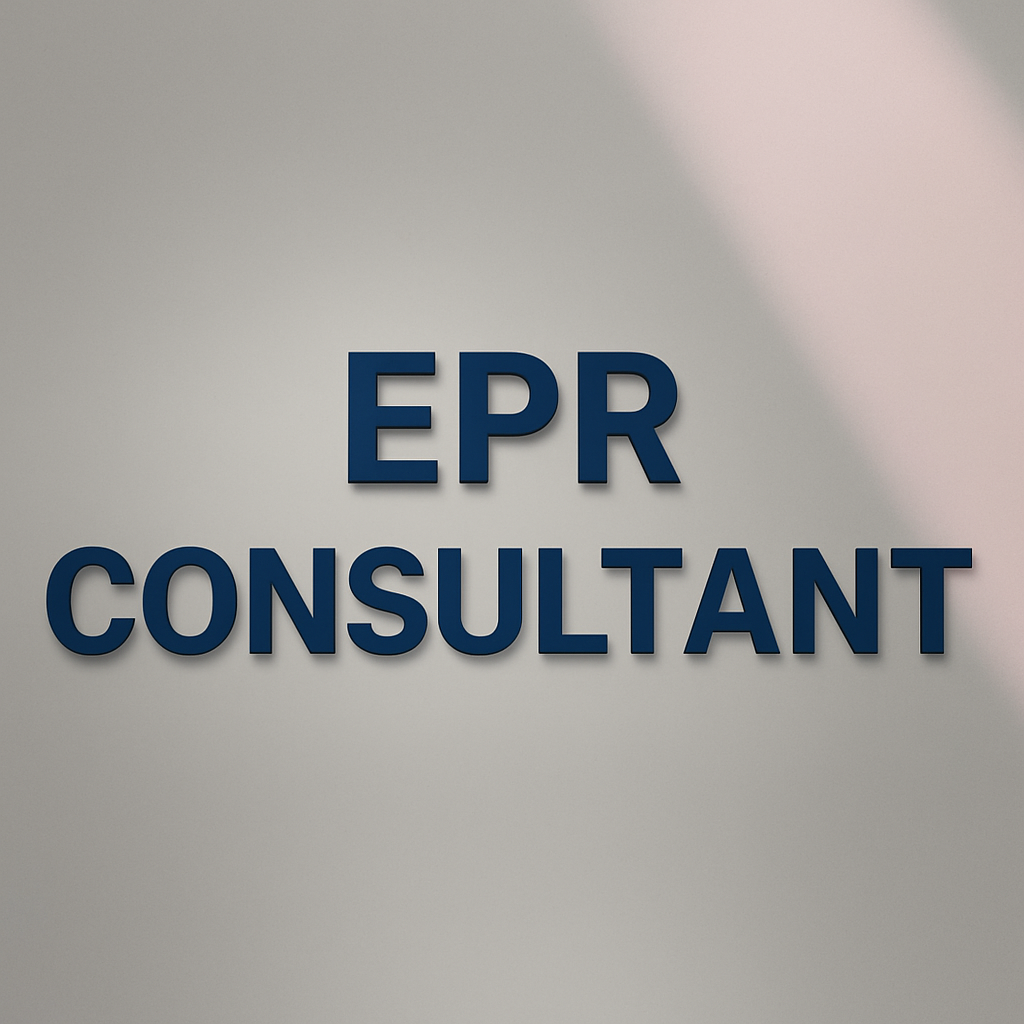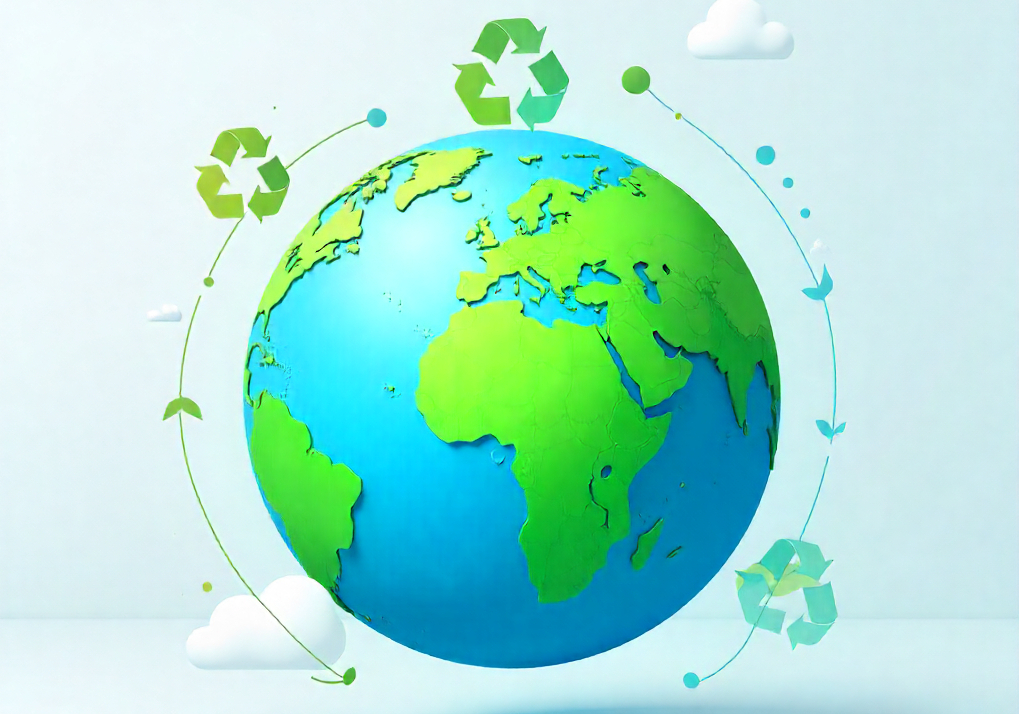
EPR Registration Services for End-to-End Compliance
Environmental compliance is no longer optional but essential. For producers, importers, and brand owners, Extended Producer Responsibility (EPR) is a critical framework for sustainable waste management. But navigating EPR rules, documentation, and reporting can feel overwhelming.
At SOFTEX Consultancy Services LLP, we offer EPR Consultant services that help you comply with India's evolving environmental mandates without stress or delays. From plastic packaging to e-waste and battery waste, we streamline the EPR Registration Services process, help you meet recycling targets, and ensure you’re always audit-ready.
What Is EPR and Why Does It Matter?
EPR, or Extended Producer Responsibility, is a regulatory approach under which producers are made responsible for the environmental impact of their products after use, particularly their end-of-life disposal. In India, EPR is enforced under:
- Plastic Waste Management Rules, 2016 (and amendments)
- E-Waste (Management) Rules, 2022
- Battery Waste Management Rules, 2022
If your business falls into any of the following categories, you are legally required to comply with EPR mandates:
- Producer or importer of plastic packaging
- Manufacturer of electronic goods or batteries
- Brand owner marketing products in plastic
- Waste recycler managing post-consumer products
Failure to comply can lead to penalties, rejection of imports, or loss of key environmental certifications. As your EPR Consultant, our job is to ensure full compliance while saving you time and effort.

Frequently Asked Questions
1. What is EPR registration?
EPR registration is the process by which producers, importers, and brand owners declare their post-consumer waste responsibility with the CPCB. It ensures legal compliance for plastic, e-waste, or battery disposal.
2. Who needs EPR registration in India?
Any company manufacturing, importing, or selling products with plastic packaging, electronics, or batteries must register under the respective EPR rules.
3. How can an EPR Consultant help?
An EPR Consultant handles documentation, registration, recycling coordination, and reporting so your compliance stays timely, accurate, and stress-free.
4. What happens if I don’t comply with EPR rules?
Non-compliance can lead to heavy penalties, import/export restrictions, and loss of environmental clearances or product approvals.
5. Do I need to partner with a PRO for EPR?
Yes, for most categories like plastic and batteries, working with a CPCB-authorised PRO is mandatory to meet recycling targets.
6. Can startups or small businesses get EPR support?
Absolutely. We assist businesses of all sizes in navigating EPR rules, from first-time registrations to long-term compliance planning.
7. How often do I need to file EPR returns?
Typically, quarterly or annual filings are required depending on the category and applicable rules. We handle this on your behalf.
8. What documents are required for EPR registration?
You’ll need business registration documents, product details, packaging specs, waste estimates, and agreements with recyclers or PROs.
9. Is EPR registration a one-time process?
No, EPR compliance is ongoing. Once registered, you must meet annual targets, file returns, and maintain supporting documents each year.